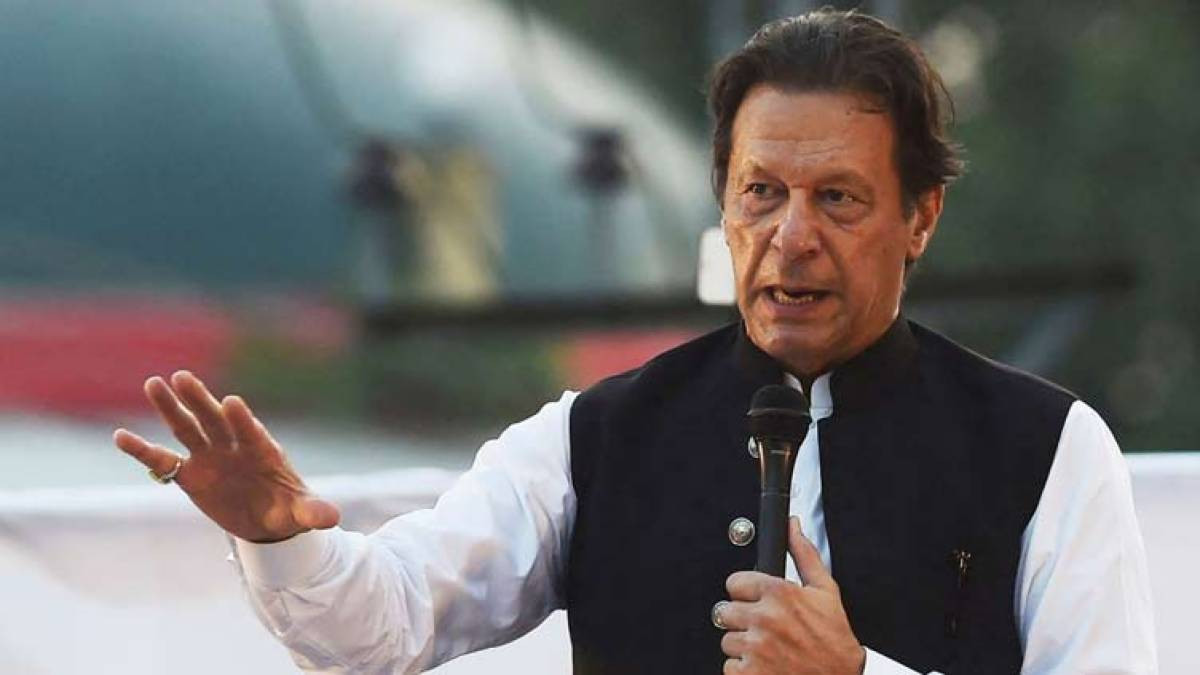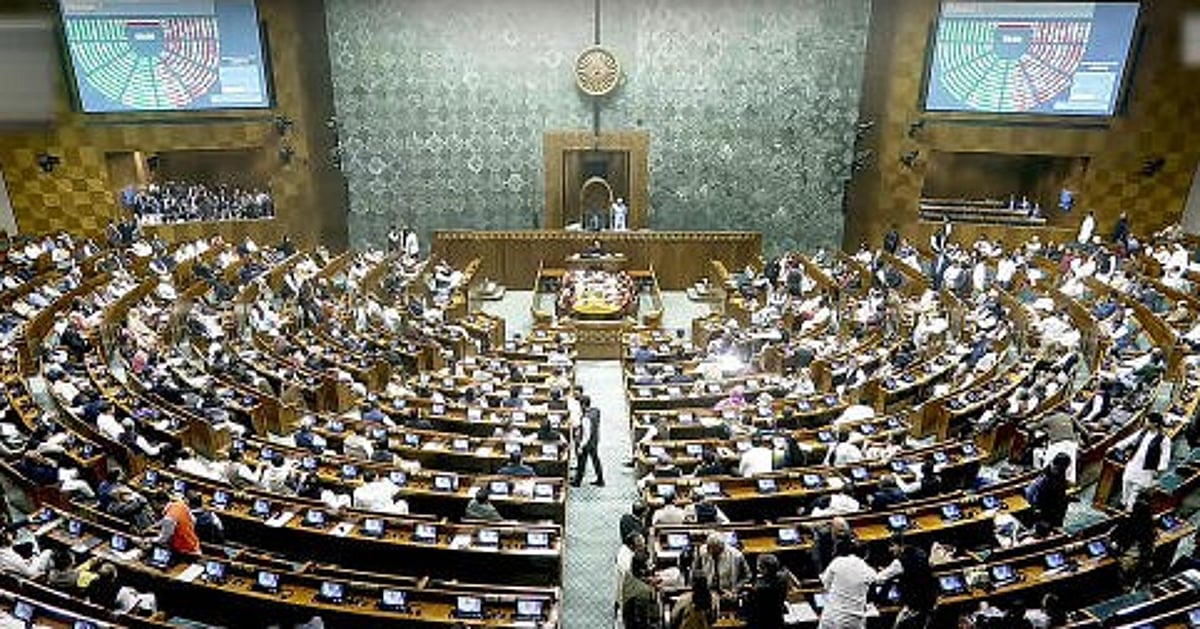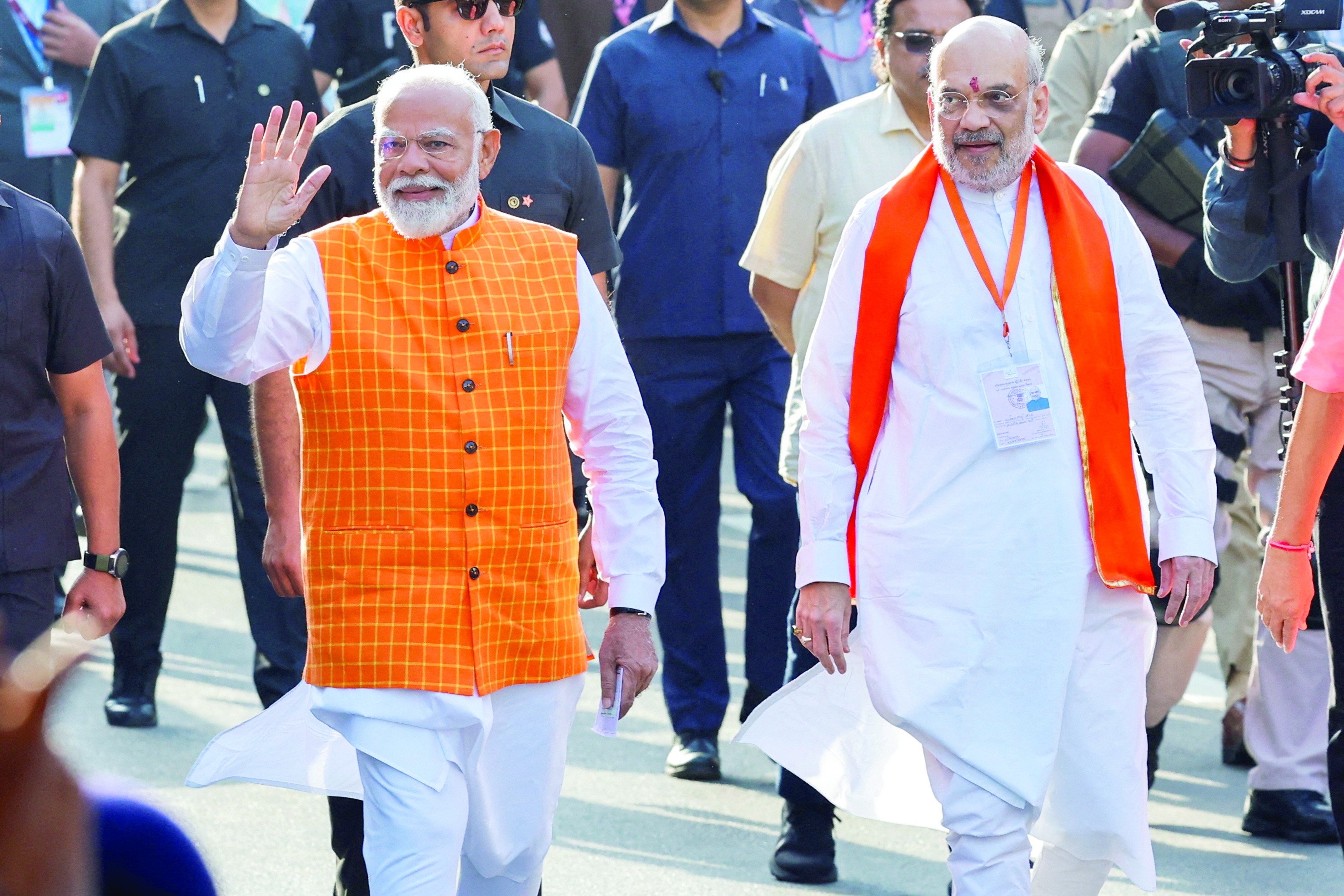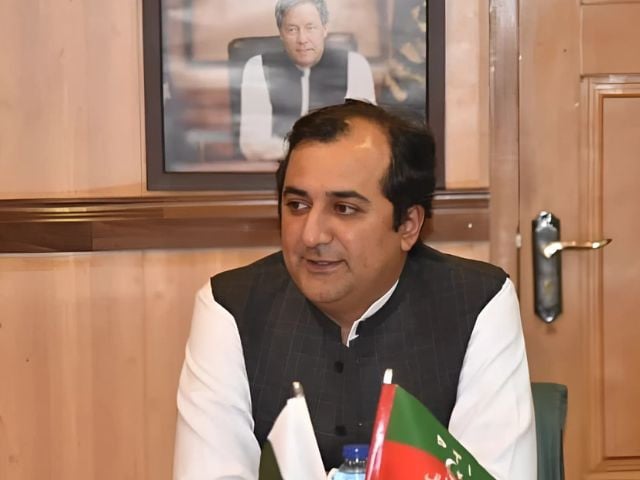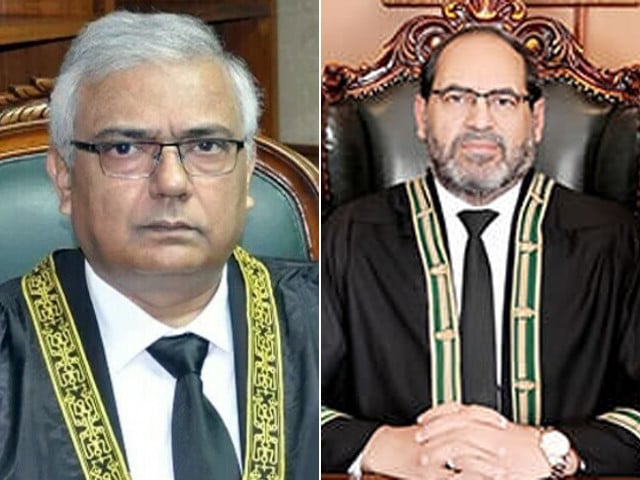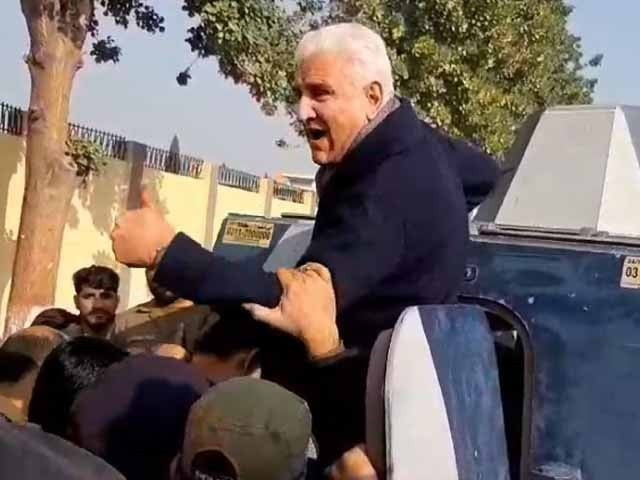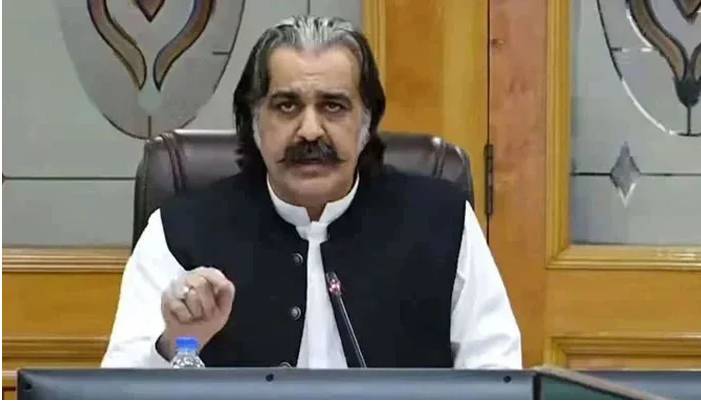Omar Abdullah Sworn in as IIOJK's First Chief Minister After Revocation of Article 370
Omar Abdullah, the leader of the National Conference, has made history by being sworn in as the first Chief Minister of Indian Illegally Occupied Jammu and Kashmir (IIOJK) after the region's special status was revoked under Article 370 in 2019. This development marks the first time since the revocation that an elected government has taken office in the region, which remains key affected by the contentious issue.
Abdullah's National Conference party, along with its ally Congress, secured a majority in the 95-member assembly, allowing him to choose his deputy chief minister. He picked Surinder Choudhary, a member of the PDP and BJP in the past, for the position, indicating a possible attempt to appeal to a broader regional base in the region. The move was made public just hours before Abdullah's oath-taking ceremony at the Sher-i-Kashmir International Conference Centre in Srinagar, which was attended by senior leaders from the INDIA bloc, including Rahul Gandhi and Priyanka Gandhi Vadra.
Despite the prominence of his appointment as deputy chief minister, it has been noted that Abdullah's National Conference forged an alliance with Congress in an attempt to strengthen its hold in the region. However, the Congress party has chosen not to participate in the new IIOJK government, citing its ongoing demand for the restoration of statehood for the region, which was promised by the Centre.
Abdullah's return as chief minister marks a notable shift in the region's politics, which witnessed significant turmoil following the revocation of Article 370. His first stint as chief minister was between 2009 and 2014, and the new government marks the first electoral process since the region's integration into India as a federal unit in 2019.
The Kashmir dispute remains a contentious issue, with its unrest persisting long after the revocation of Article 370, ongoing challenges facing Kashmiri leaders including intermittent custody and displacement as they face.fasta verbal demands for redeployment from their assigned administrative roles. As Kashmir grapples with these dilemmas; however the country attention will be centered on the end of control and beginning of redevelopment consultative solutions in the many constrained areas surrounding the areas strategic and economic opportunities and adequate mechanisms of representative decision-making practices guaranteed for the powers of the people the majority or the majority choice dialoging political events development in the sources from authority.

